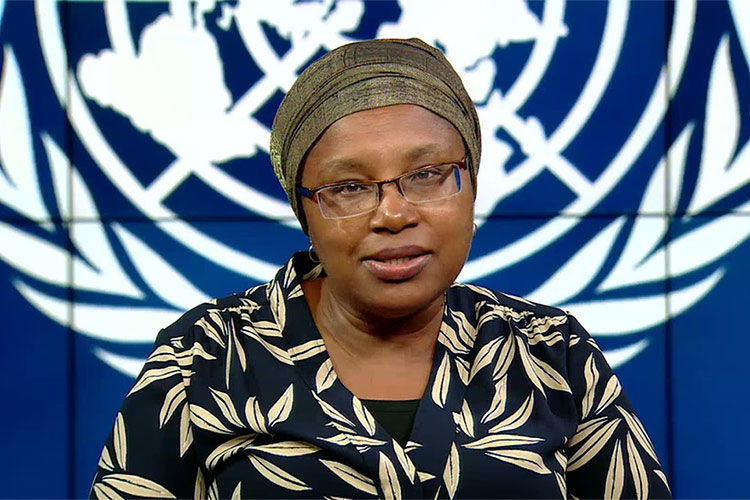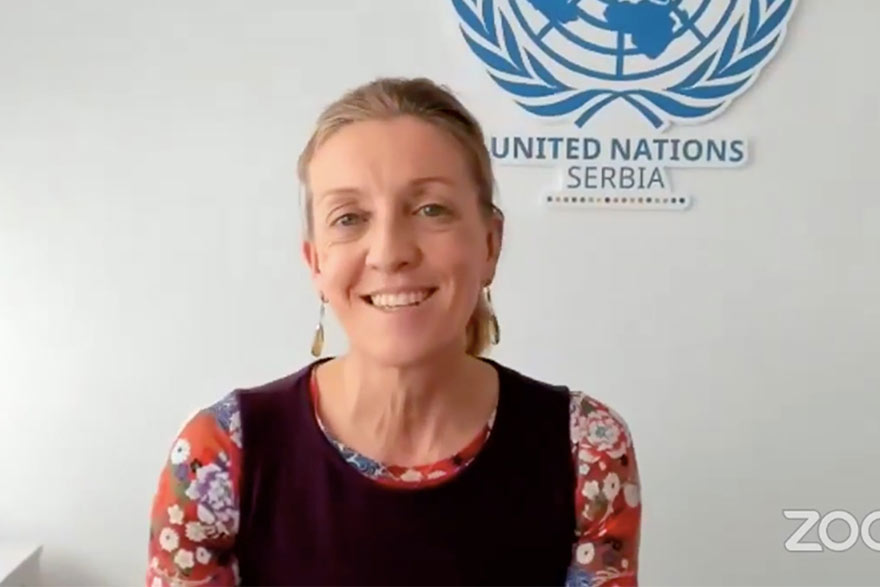Seventy-three years ago, world leaders were unanimous in saying “never again” to the horrible crimes committed during the Holocaust and adopted the Convention on the Prevention and Punishment of the Crime of Genocide. This was a time for hope. The world had witnessed the horrors of large-scale violence with an explicit intent to destroy a targeted group and decided to act not only to codify the contours of this crime but also to make an explicit commitment to prevent its occurrence.
Yet, today, genocide remains a real threat for too many people worldwide, directly or through narratives of the past. We have been facing a steady increase in number of violent conflicts, that are lasting longer, causing disastrous human and economic consequences. And we all know that outbreaks of violence, conflict and atrocity crimes have roots in long-standing structural discrimination, deep economic inequalities, and social exclusion, and in a shrinking democratic and civic space.

We must renew our commitment and work together to prevent discrimination against protected groups and inter-group tensions from escalating. We need to counter and address hate and divisive speech and incitement to violence, to stop glorification of convicted war criminals and ensure robust accountability when these crimes are committed. We need to keep on building trust, awareness and understanding across all levels, from the top political leadership to the community level, and across all relevant fields, from national political representative bodies, to monitoring bodies, local authorities, religious institutions, the education system and the media.

We call on all those in position of authority to do their utmost to focus on what brings the country together rather than on what takes people apart. This means learning the lessons of the past to build a future where the commission of such crimes is no longer possible. Experience has also shown us that accountability for past crimes constitutes a critical element of prevention of future acts and therefore must be prioritized. It has also shown that acknowledging the suffering experienced by all communities is necessary to build a future grounded on trust and mutual understanding. We must honor them with our words and actions.
We need to continuously invest in our youth. Youth are the backbone of our countries and the future, a powerful force for preventing tensions and build a common, forward looking narrative. We have seen many young people across the region taking initiatives to counter derogatory language or hate speech, to bring people together, to pave the way for a future in which violence and war crimes are no longer possible. The United Nations remains committed to supporting the people of Serbia and national efforts aimed at trust-building, the promotion of inclusiveness and mutual understanding, and in forging a hopeful vision for a shared future.